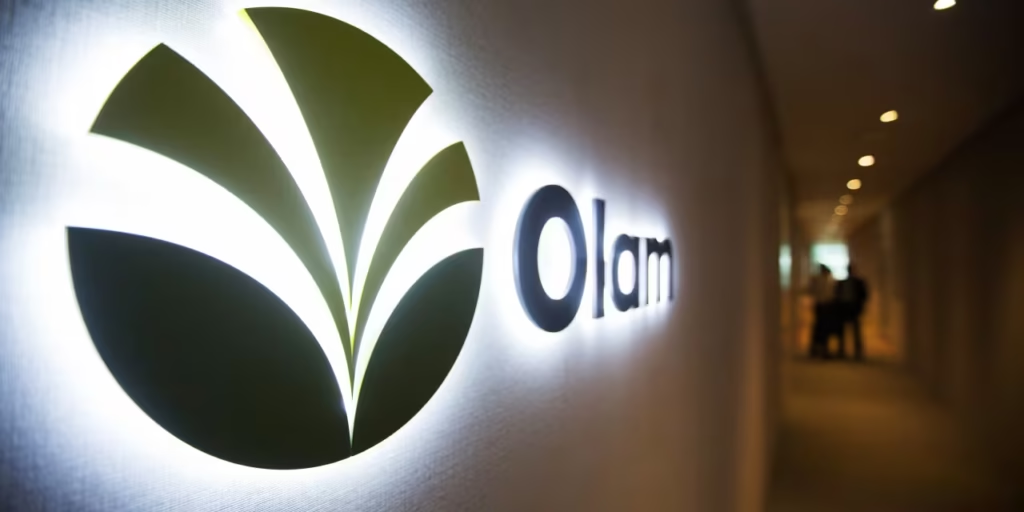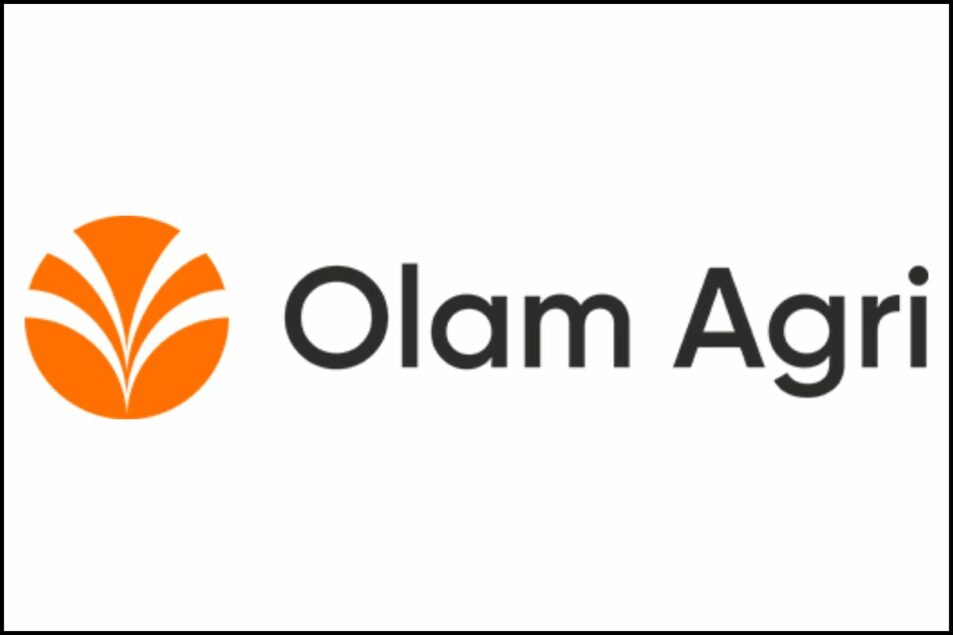Singapore-based agribusiness giant Olam Group has announced its decision to sell a 44.58% stake in its agricultural subsidiary, Olam Agri Holdings, to Saudi Agricultural and Livestock Investment Company (SALIC) for approximately $1.78 billion. This transaction values Olam Agri at around $4 billion and will significantly increase SALIC’s ownership, giving it a controlling 80.01% stake in the company. The move marks a major step in Olam Group’s restructuring strategy and could reshape its global agribusiness operations.
The transaction is expected to generate a substantial gain of $1.84 billion for Olam Group. The company has also announced plans to divest its remaining 19.99% stake in Olam Agri within the next three years. If successfully completed, the total proceeds from the complete divestment of Olam Agri could reach approximately $3.87 billion. This will provide Olam with a significant cash influx, allowing it to focus on other business areas and enhance shareholder value.

Following the announcement, shares of Olam Group surged by as much as 8.9% in early trading, reaching their highest level since early January. The positive market reaction underscores investor confidence in Olam’s strategic decision to restructure its business and optimize its financial position.
Strategic Rationale Behind the Deal
For SALIC, the acquisition aligns with its long-term goal of strengthening Saudi Arabia’s food security by securing strategic investments in key agricultural markets. SALIC, which is a subsidiary of the Saudi Public Investment Fund (PIF), has been expanding its footprint globally to ensure stable food supply chains for the kingdom. This acquisition will enable SALIC to secure access to critical grain and food supply networks, further reinforcing its strategic objectives in global agribusiness.
Olam Agri, which specializes in grain origination, edible oils, rice processing, and cotton farming, has an extensive supply chain that spans multiple countries. By increasing its stake, SALIC will gain a more significant influence over these operations, helping it strengthen its position in the global agribusiness sector.
For Olam Group, the move is part of a broader effort to streamline its business operations. The company has been working on restructuring its portfolio to focus on high-growth areas. This sale will allow Olam to reduce debt, improve liquidity, and allocate resources more effectively to other core business divisions. One of Olam’s key priorities is to push forward with the planned initial public offering (IPO) of its food ingredients business, ofi, on the London Stock Exchange, with a secondary listing in Singapore. The cash infusion from this sale will further support those plans.
Market Reactions and Industry Impact
Olam Group’s decision to sell a controlling stake in Olam Agri has been widely viewed as a strategic move that could reshape the company’s future. Analysts believe the transaction reflects Olam’s commitment to unlocking value from its business segments while allowing SALIC to gain a stronger foothold in global agribusiness markets.
Industry experts note that Saudi Arabia has been ramping up its efforts to secure food resources, particularly in grains and staple crops, to reduce its reliance on imports and enhance domestic food security. With climate change and geopolitical uncertainties affecting global food supply chains, this acquisition allows SALIC to strengthen its sourcing capabilities and mitigate supply risks.
For Olam Agri, the deal could open up new opportunities for expansion, as SALIC’s backing could facilitate greater investments in technology, infrastructure, and innovation. Given SALIC’s financial strength and long-term vision, Olam Agri could benefit from improved operational efficiencies and increased global market reach.
Olam Group’s Strategic Shift and Future Plans
Olam Group has been undergoing a major restructuring since it announced its reorganization strategy in early 2020. The company split its operations into three distinct business units: Olam Agri, ofi (Olam Food Ingredients), and Olam Group’s remaining businesses, including its gestating ventures and non-core assets.
The sale of Olam Agri’s stake is a crucial part of this transformation. With the proceeds from the sale, Olam Group is expected to focus on its food ingredients business, which it sees as a high-growth segment. The planned IPO of ofi has been in the works for some time, and the additional capital from the stake sale will provide financial flexibility to execute its listing plans successfully.
Olam also intends to enhance its presence in sustainable agriculture and digital transformation. The company has been investing in smart farming, climate resilience initiatives, and supply chain transparency to strengthen its competitive edge in the global agribusiness sector. The divestment of Olam Agri will allow the company to focus more on these areas while ensuring it has the capital to drive innovation and long-term growth.
Regulatory Approvals and Closing Timeline
The sale of Olam Agri’s stake to SALIC is subject to regulatory approvals and is expected to be completed in the fourth quarter of 2025. Given the scale of the transaction, both companies will need to work closely with regulators across different jurisdictions to secure the necessary approvals.
Industry observers will be watching closely to see how this transaction progresses and whether it sets a precedent for similar deals in the future. The deal’s successful completion could pave the way for more strategic partnerships between global agribusinesses and sovereign investment funds, particularly in regions that prioritize food security.
The Broader Implications for the Global Agribusiness Sector
This transaction is a testament to the growing trend of cross-border investments in agribusiness, where countries and companies seek to secure food resources through strategic acquisitions. As the global population grows and food security concerns intensify, similar deals may become more common.
For agribusiness firms, partnerships with sovereign investors like SALIC provide financial stability, access to new markets, and opportunities for expansion. Olam Agri, under SALIC’s majority control, may see accelerated growth as it gains access to additional resources and investment capital.
Meanwhile, for Olam Group, the deal underscores a broader shift toward focusing on core business areas that promise higher returns. By streamlining its operations, the company is positioning itself for sustainable growth in the food ingredients and specialty commodities sectors.
Conclusion
Olam Group’s decision to sell a 44.6% stake in Olam Agri to Saudi Arabia’s SALIC for $1.8 billion marks a significant milestone in the company’s restructuring efforts. The deal benefits both parties—Olam gains substantial financial flexibility to invest in its core businesses, while SALIC strengthens its foothold in global agribusiness and enhances its food security strategy.
With the deal expected to close by late 2025, the industry will closely monitor the transaction’s impact on Olam’s future growth and the broader agricultural landscape. The move aligns with ongoing trends in global food security and cross-border investment, signaling a shift in how agribusiness giants and sovereign wealth funds collaborate to address global supply chain challenges.
As Olam Group continues its transformation journey, stakeholders remain optimistic about the long-term value this deal will create, both for the company and the global food industry as a whole.
U.S.-Russia Summit in Saudi Arabia: Economic Interests Take Center Stage



